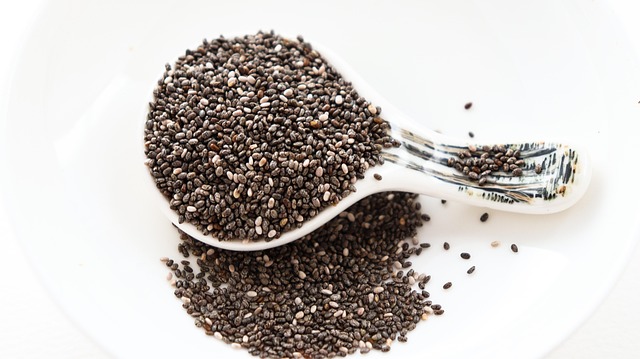The Ultimate Guide to D-Vitamin: Benefits and Sources
D-vitamin is one of the most essential nutrients for our overall well-being. Often called the “sunshine vitamin,” it plays a crucial role in maintaining our health, especially when it comes to supporting our immune system and bone strength. Whether you’re feeling a little under the weather or just looking to boost your health, understanding the significance of D-vitamin can empower you to make informed dietary choices.
What is D-Vitamin?
D-vitamin is a fat-soluble vitamin that our body produces in response to sunlight. It exists in two main forms: D2 (ergocalciferol) and D3 (cholecalciferol). Both forms can enhance our health, but D3 is the more potent and effective form. When we think about vitality and energy, we cannot overlook the role of D-vitamin in our daily lives.
Health Benefits of D-Vitamin
- Boosts Immune Function: D-vitamin strengthens your immune system, helping the body fend off illnesses and infections.
- Supports Bone Health: It aids in calcium absorption, which is vital for maintaining bone density and preventing osteoporosis.
- Enhances Mood: Low levels of D-vitamin have been linked to mood disorders, including depression. Adequate levels can lead to improved mood and emotional well-being.
- Reduces Risk of Chronic Diseases: Research suggests that sufficient intake of D-vitamin may lower the risk of certain chronic conditions like heart disease and diabetes.
Best Sources of D-Vitamin
While sunlight is the most natural source of D-vitamin, it’s important to include dietary sources as well, especially during the winter months or for those living in areas with limited sunlight. Here are some natural sources:
- Fatty Fish: Salmon, mackerel, and sardines are excellent sources of D3.
- Cod Liver Oil: A potent supplement that provides a concentrated dose of D-vitamin.
- Mushrooms: Certain types, particularly those exposed to UV light, can be great vegan sources of D2.
- Fortified Foods: Many dairy products, orange juice, and cereals are fortified with D-vitamin to help boost levels.
Supplementation and Recommendations
If you’re concerned about your D-vitamin levels, especially during the winter months or if you have dietary restrictions, consider talking to your healthcare provider about supplementation. The recommended daily allowance varies by age, sex, and exposure to sunlight, so a personalized approach is always best.
Recognizing Deficiency
Low levels of D-vitamin can lead to a range of health issues, including fatigue, bone pain, and muscle weakness. It’s essential to listen to your body – if you’re experiencing unexplained changes in your health, it may be worthwhile to check your D-vitamin levels.




